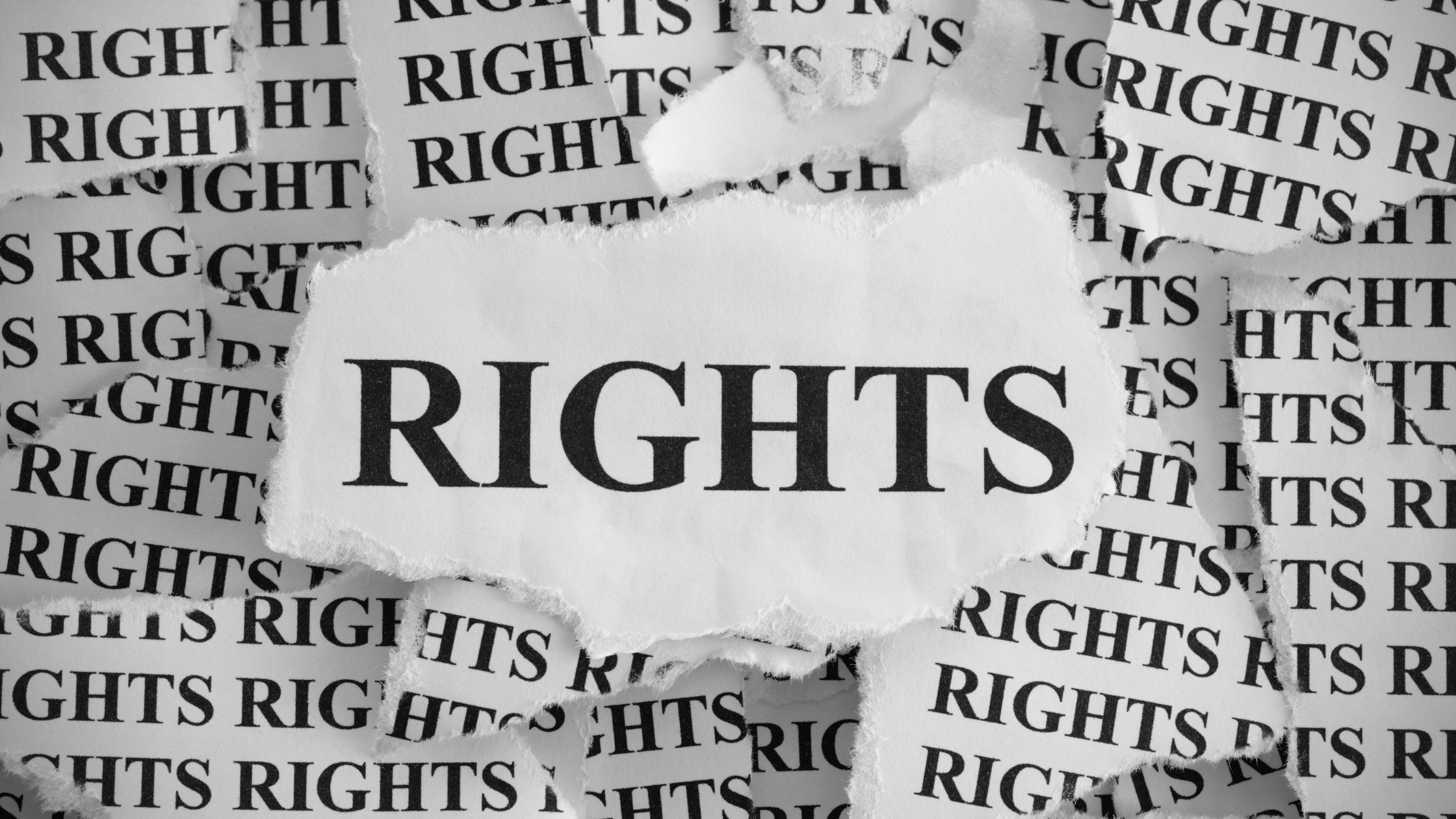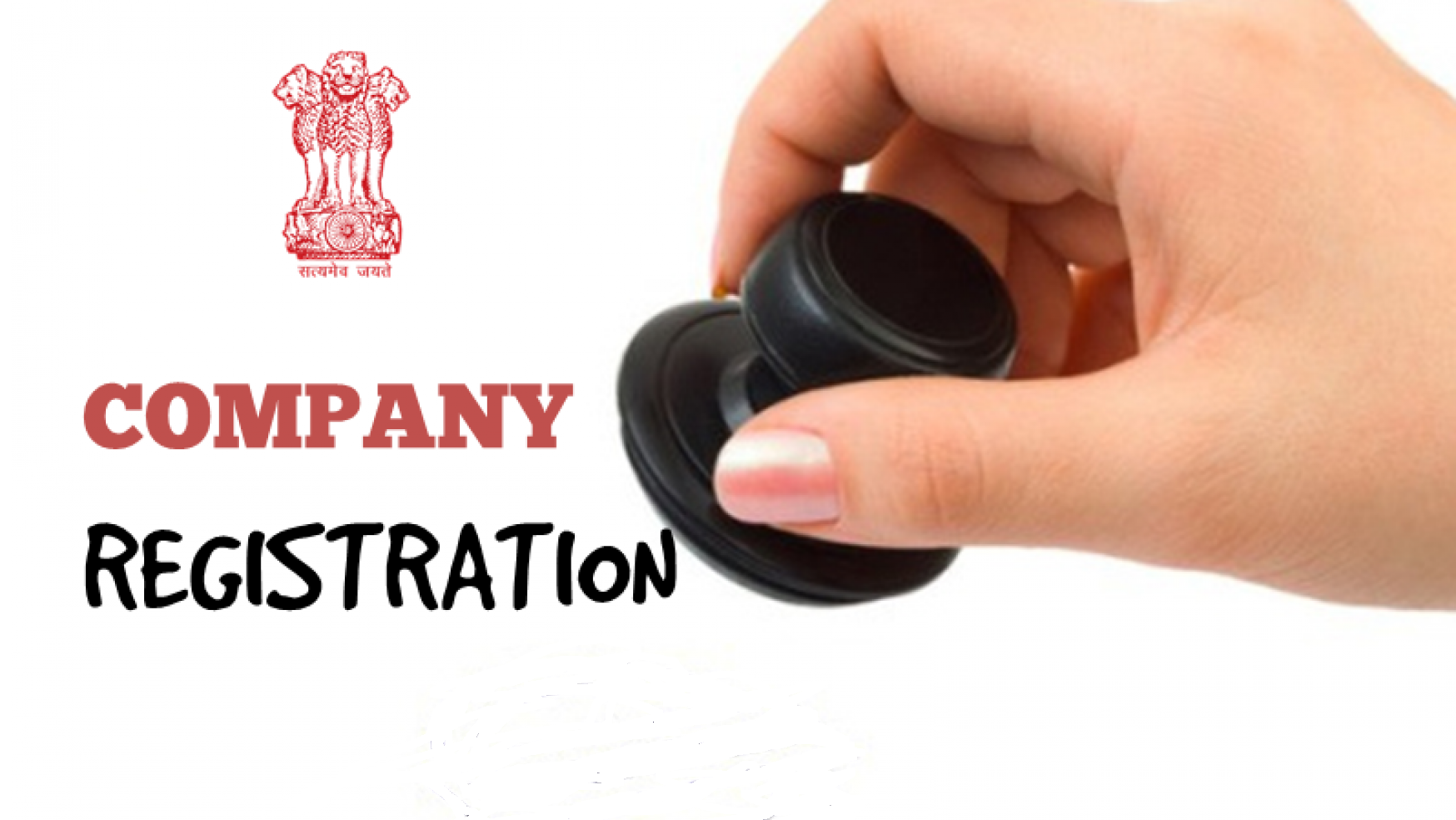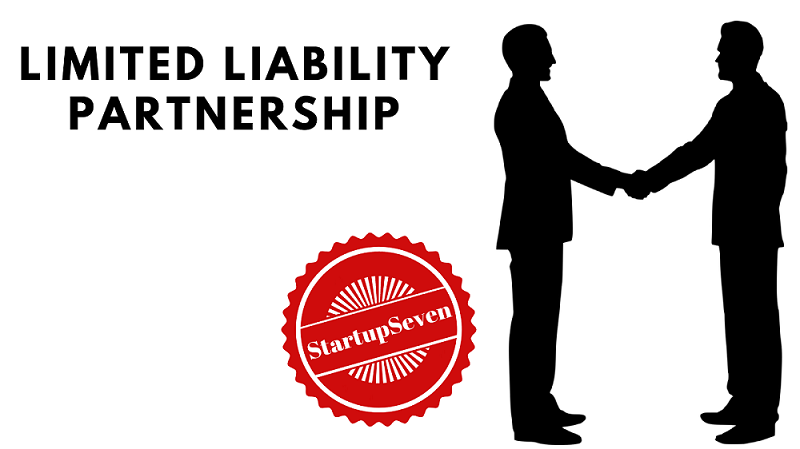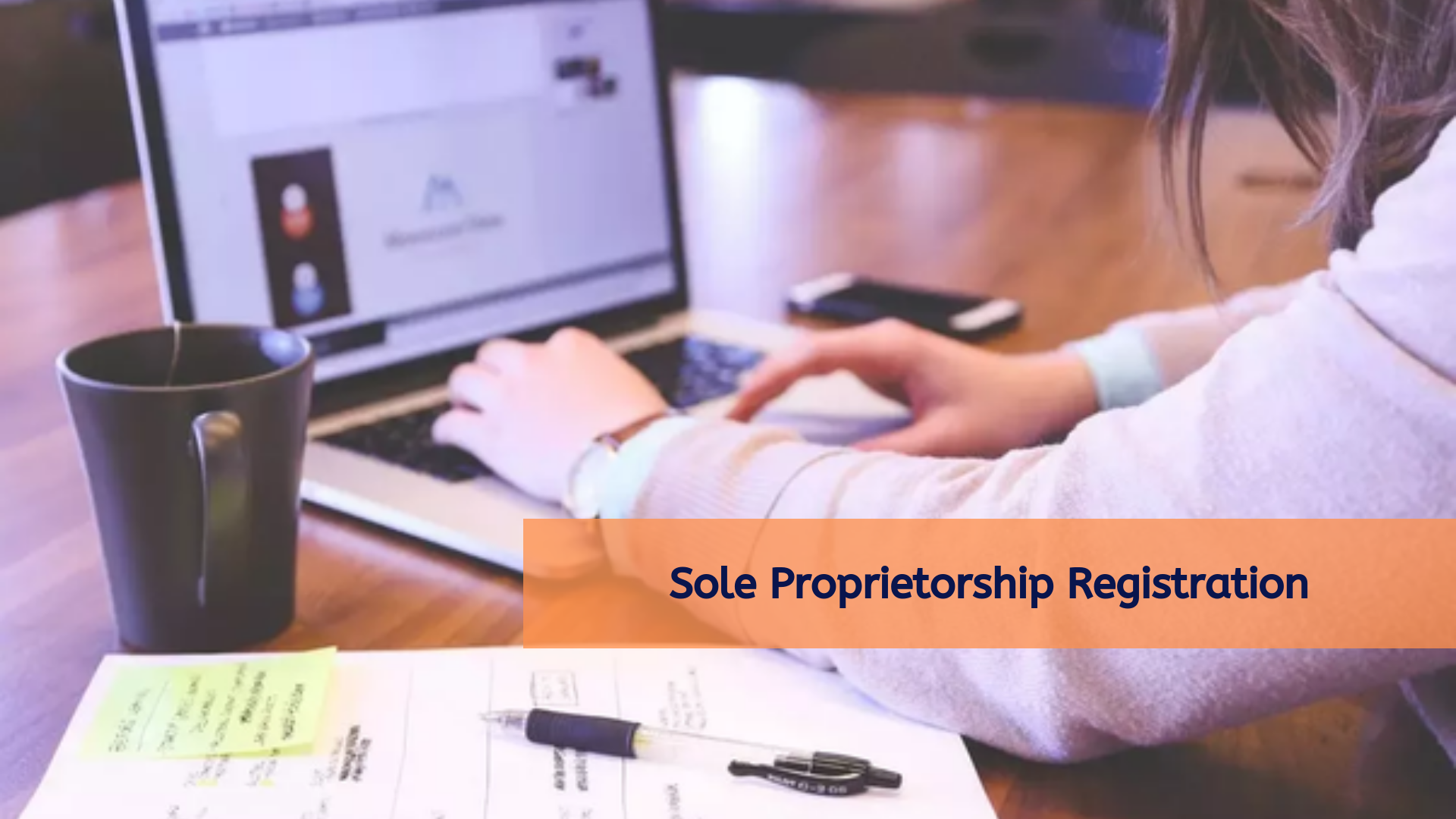Before we delve into the discussion of who owns the intellectual property rights in the workplace, let’s first understand what qualifies as Intellectual property.
What Qualifies as Intellectual Property Rights
Intellectual property (IP) are creations of the mind, such as inventions, designs, symbols, literary and artistic works, and names and images used in commerce.
Intellectual property refers to an exclusive right to a particular form of creative expression.
Patents, copyrights, trademarks enable people to earn recognition as well as financial benefit from their invention or creation.
Types of intellectual property are as follows –
- Patents – A patent provides the owner the right to prevent others from exploiting the invention. A patent can be a product or a process that provides a new way of doing something or offers a technical solution to the problem. It excludes others from making, selling, or importing that patented “process or product”. The monopoly is granted for a maximum of 20 years to the owner. In order to get a patent, full disclosure about the invention must be done in the patent application.
- Copyright – Copyright gives the owner the exclusive right to make copies of his creative work. It may be writings, website content, computer programs, motion pictures or audio, music, artistic works, and architectural designs.
- Trademarks – This is the most important intellectual property and should be registered as soon as someone begins his business. A trademark includes a sign, word, slogan, and logo. Trademark helps the customers in differentiating your product. The product is recognized by that logo or sign. After successful trademark registration, the owners can prevent others from using that similar trademark.
- Industrial design – This includes shape, pattern, configuration or ornament, or composition of lines or colors thereof applied to any product whether two-dimensional or three-dimensional. This right gives exclusive ownership to make, sell or use articles that embody the protected design to selected people only. This protection is granted for a period of 10 years which can be further renewed.
IP rights in the workplace
During the course of business, an employee might create a number of intellectual properties in order to expand the business. But the primary question is who owns the intellectual property employer or the employee?
As a general rule, the intellectual property belongs to the employer created by the employee during the course of his employment. The reason stated is that the employer provides them with a form of salary, to do a particular task unless something contrary to that understanding is effected between the parties.
Legal provisions governing the IP ownership in employment
In India, not every IP law defines the ownership of IPR during the course of employment except the Copyright Act 1957. Section 17 of the said Act states – “The author or creator of copyright is the first owner of the copyright and in the case of a work made in the course of the author’s employment under a contract of service or apprenticeship, the employer shall, in the absence of any agreement to the contrary, be the first owner of the copyright therein”
Thus, the employer becomes the first owner of the copyright created by the employee provided he is working under the contract of service and there is no understanding to the contrary.
But in other IPs like patent, trademark, or industrial design there is no particular statutory provision regarding it. In such cases, there is a possibility of dispute between the parties.
Therefore, it is important to mention the Intellectual property clause in the shareholder’s agreement or the employment contract. This should be explicitly mentioned in the agreement regarding the employer’s ownership of the IP produced by the employee during the course of the business.

The Clause in Employment Agreement
While appointing an employee, every clause in the employment contract should be executed precisely. The employment agreement also acts as vital evidence in case of dispute between the employer and employee.
The following clauses must be prudently included in the agreement –
- Confidentiality and Intellectual property assignment clause – through this clause the employer can bind the employee under the obligation that every IP created, developed during the employment shall vest with the employer as per the terms of the agreement or through the operation of law.
- Non-compete and non-solicitation clause – Employers can restrict the employee from joining any other employment which directly competes with the business, for a certain period so as to reduce the risk of leakage or misuse of IP like trade secrets, internal process, etc.
- Governing law – this clause is important in deciding the effective mechanism to resolve when a dispute arises. Here the parties can decide how to settle their issues via arbitration or mediation; so as to avoid the time-consuming court proceedings.
IP Assignment Agreement
If the employer wants to acquire the rights of the intellectual property which does not fall under the nature or course of business of the employee, he can do so by executing the IP Assignment Agreement. This assignment should be carefully drafted and the terms and conditions with regard to the owner as well as the appropriate fee for the assignment should be specifically mentioned.
Both the parties should be wary and aware of all the consequences and statutory provisions before signing the contract.
Conclusion
To sum up this article, we can say that be it small or big, the employer needs to understand the importance of his rights with regard to that of an employee in an IP. Employers can- not always be the deemed owner of the invention and the employee needs to carefully sign the employment contracts so that it does not violate his constitutional rights. One should always draft a clear and explicit contract in order to avoid disputes in the future










